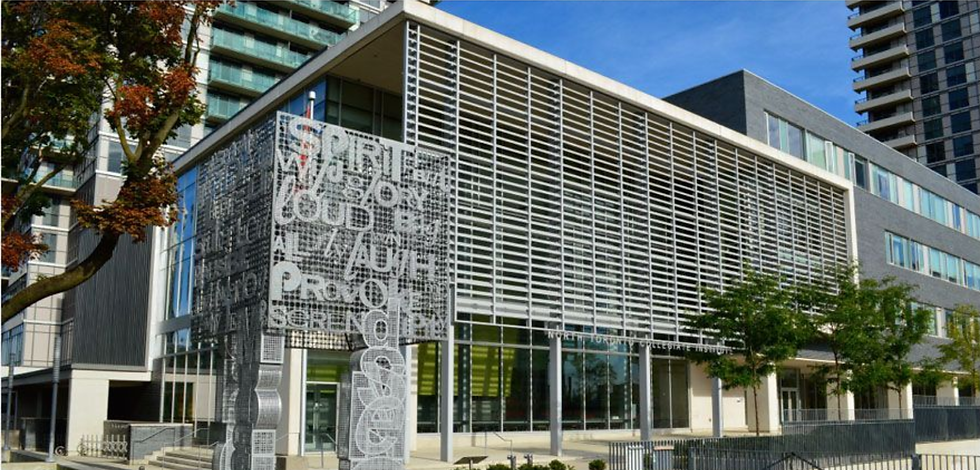A lesson on over-building and under-schooling
- sabrinawong80
- Jun 26, 2019
- 3 min read
Updated: Apr 14, 2024
On Tuesday morning, North York Community Council had a special guest. A representative of the Toronto Lands Corporation (TLC) came to speak on the impact a potential development in Midtown Toronto could have on the local elementary school. It struck me that this discussion could just as easily be about Don Valley North.

J. Pitman Patterson, a lawyer for the TLC, spoke about a development application that would build an 11-storey, 76-unit addition right onto an existing apartment building. While certainly not the largest development proposed in Midtown, Mr. Patterson stressed this new building will be just a few doors from Eglinton Junior Public School, which is simply unable to accommodate those new residents. Old news
This has been a problem dating back to when Ontario's school boards were amalgamated and brought entirely under provincial control. Toronto was growing rapidly – especially here in Don Valley North where the Sheppard subway was opening – but it was no longer directly responsible for school boards and their expansion. So a few years later, while I was still a TDSB Trustee, we had the Board’s real estate staff design a sign notifying potential homebuyers in new developments that there is no school capacity nearby. This means their children will likely be bused to another school.
Beyond these signs, there are very few examples of school boards demanding changes to Ontario's Planning Act to provide school expansion where needed. What needs to happen
In my view, two things need to happen: firstly, City Council needs to capitalize more often on opportunities to have developers fund school additions or have them build new schools outright. North Toronto Collegiate Institute is a terrific example – in a deal with the TDSB, Tridel bought land to build The Republic condominium development plus a new, expanded North Toronto Collegiate Institute. And in Don Valley North, when development was underway in Parkway Forest, I helped negotiate $500 per new unit of housing to fund an additional eight classrooms in the existing local elementary school.

The recently redeveloped North Toronto Collegiate Institute
Secondly, school boards need an official advocate at every LPAT hearing where an applicant proposes adding housing where there is no school capacity. I have been shocked in the recent past when the school board did not appear at hearings to dispute some extreme examples of over-building and under-schooling – because when they do appear they can be very successful. Two good examples are the case of Parkway Forest mentioned above and Jesse Ketchum Public School. In that case, the TDSB appeared as a registered party in an OMB hearing regarding the new Four Seasons Hotel and received funding to enhance the school. Even when they are not as successful, I believe school boards should always get on the record or rules will never change. The good news
There is a spot of good news: regular advocacy at LPAT hearings is about to start happening on a regular basis. The Toronto Lands Corporation has now been charged with the task of all TDSB real estate matters and they intend to take a very active approach at hearings.
Now that the provincial government has passed Bill 108 – which combines community benefit dollars and development charges, thereby reducing the amount of community infrastructure requirements on any development – the TLC understands they must make a case for new schools at every hearing. In a rapidly-growing city like Toronto, we must keep pressuring provincial bodies to build the school infrastructure our kids depend on.






